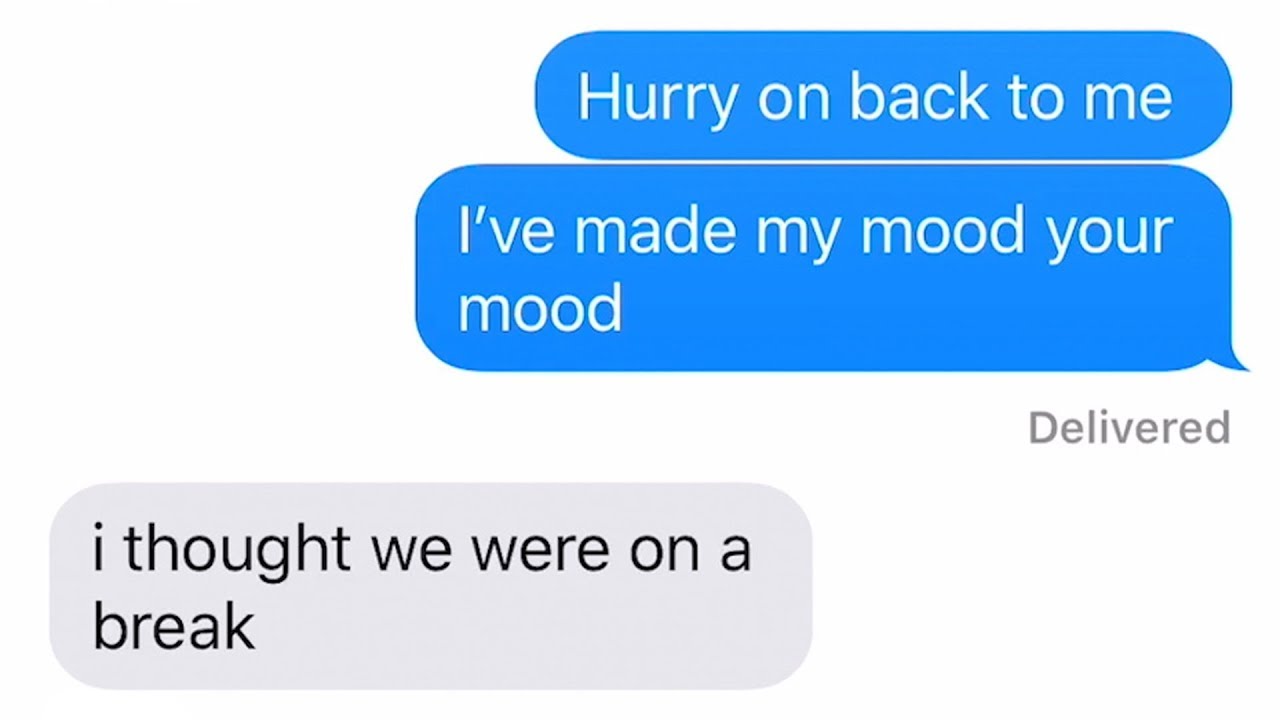William Butler Yeats and his view on a ravaged, post-war Europe provides the Spiritus Mundi from which Olympia three-piece Sleater-Kinney glean their central mission statement and album title, The Center Won’t Hold, compounding the band’s urgent message for both personal and political revolution. In both Irish modernist poetry and Washington punk rock, we’re confronted with systemic decay and a fight for something better. Be it in the fractured Ireland of 1919 or a splintered contemporary United States, a band on the brink or a listener’s own spider web-seamed, unfurling relationship; our fetid inner crises or the smouldering planet – the band’s ninth release allows you to intuit your own rough beast to take down.
A band that forged itself on riot grrrl’s frontlines 25 years ago, Sleater-Kinney deliver a tempestuous follow up to their 2015 return LP, the celebrated No Cities to Love. Like a knot of serpents entangled and snapping on the head of a rageful Medusa, each voice and new sonic expedition delivers a startling perspective straight from the experience of vocalists/guitarists Carrie Brownstein and Corin Tucker, and drummer Janet Weiss, the latter who suddenly departed the band in July amid record promo. “The band is moving in a new direction and it is time for me to move on,” Weiss said in a statement, ending the 22-year union.
Avoiding any rumination on Weiss’ choice to leave the group, The Center Won’t Hold is a bold, brave whack at a new era, with Annie Clark (AKA St. Vincent) recruited for production in what proves to be a winning partnership. Sleater-Kinney were never going to stagnate – looking back at their discography, the band has opened up to dynamic, risky soundscapes; check the feral punk of breakthrough Call The Doctor, and their hard-rock artillery studded The Woods and The Hot Rock, right up to No Cities to Love’s exulting of new wave. The opening title tune traverses a rich palette of sound, careering from a dystopia-drumming, funeral-for-the-world march into scuzzy chaos, a sly switch-up that demands fans anxious to hear Sleater-Kinney’s next trajectory listen with zero assumptions. We’re fed buzzy electro-pop codas and chaotic throes of gnarled grunge. Clark introduces pop sensibilities that buoyed her own shiny, meta-pop MASSEDUCTION, elasticating it out – ‘The Dog/The Body’ with its trilling, mournful harmonies, synthy sad girl plea ‘Reach Out’, the brilliant Talking Heads-esque guitar journey of ‘Love’.
Sleater-Kinney’s initimable rage and political perspective has been a constant thematic throb – from the ferocious disdain for Bush and the post-9/11 sphere reverberating through Tucker’s voice on One Beat to the middle finger fifth album All Hands on the Bad One, a fuck you to old, misogynist rock critics, and then the cresting, self-relevatory ‘Modern Girl’. The band return from the gulf of Trump’s 2016 election and into a post-Me Too world, and on The Center Won’t Hold, they trace a patchwork of grief, sadness, and trauma inflicted by the systems that preside over us as much as our inner personal circles.
‘Ruins’ is a devastating portrayal of the broken in motion, a hand outstretched to survivors with gasping synths and fuzzy basslines. ‘You got me used to loving you,’ Brownstein sings on single and album stand-out ‘Hurry on Home’, layers of trust compromised in relationships and in the political system. The song spans a fug of vitriol for a fucked-up world, self-deprecation, and, importantly, sex – a multi-layered, capital P for Political concept: “Unfuckable, unlovable, unlistenable, untouchable” the lyrical list goes on, taking back the language of tired societal norms imposed on women. “Disconnect me from my bones,” feels like gloriously confronting sext, while ‘Bad Dance’ is a raw, salicious song for fucking as the apocalypse rages through the bedroom shades.
Refusing to go quietly into the night, Sleater-Kinney map a radical, cerebral template for women existing and ageing in an industry that will sexualise and matron-ise them, and with age and each record, they’re becoming more reflective on the space they’re taking up. “There’s nothing more threatening and nothing more obscene / Than a well-worn body demanding to be seen,” Tucker sneers on ‘LOVE’ over Weiss’ hypnotic drums. Brownstein prods with searing gleeful at the constraints on female desire over paradoxically joyful riffs on ‘Can I Go On’.
The body remains a central theme – their ageing ones, bodies currently under attack – the femme, the trans, the black, those fighting for autonomy or their very existence in this dense political hellscape. A body in a bed, among a throng of protesters, on a stage surveyed by a stadium crowd. It’s a visceral album of rebel yells, lustful sighs, and exhausted breaths caught on mic – “fuck!” a caustic Brownstein exclaims to close, squalling guitars falling away.
The world has changed, and, though bruised and broken, the sincere, generation-galvanising Sleater-Kinney have changed for the better.



